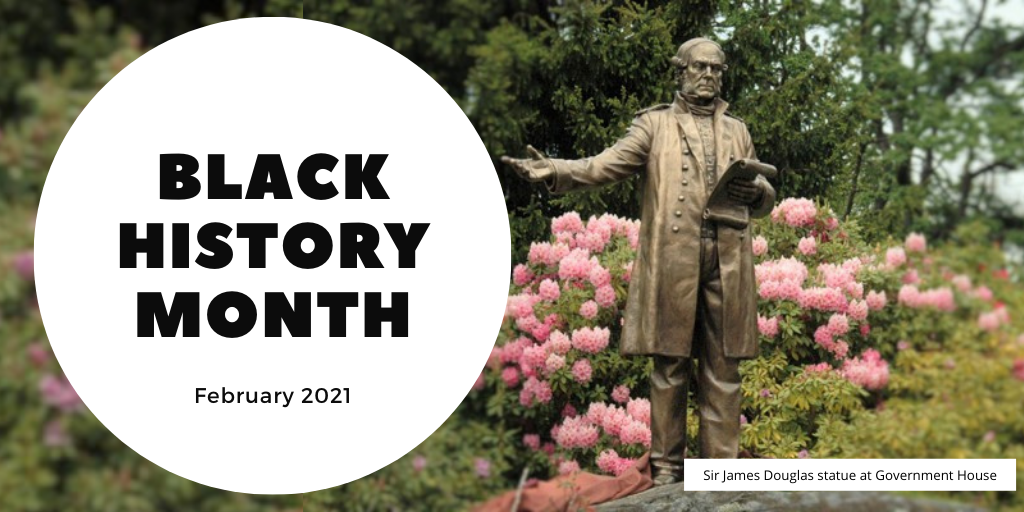
Black History Month has come to an end for 2021, and it is with great humility that I reflect on what I’ve learned. Before I share the highlights of my personal learning journey, I want to acknowledge the BC Black History Awareness Society, and the leadership of its current president, Silvia Mangue. It is not without their tireless efforts that so much of this history might have remained untold or lost, and it has been with much appreciation that I’ve benefited from their educational platforms and content, and the wonderful programming they create every year for Black History Month.
When during one of these sessions I learned the population of Black British Columbians is of similar size to that of the Jewish community, it was a real awakening for me. This gave me better understanding of the historic impact and contributions of Black members of our communities. Again, I must thank the Black History Awareness Society for their thorough documentation of early Black settlers. I was aware of the Starks, but I was unaware they were one of 26 Black homesteading families on Salt Spring Island, nor did I know the story of Sylvia Stark, the matriarch of the family, a true pioneer who lived to be 106 years old. Other Black British Columbians whose stories resonated with me include William Allen Jones, first in BC to be granted a provincial dental license; Mifflin Gibbs, elected to Victoria City Council in 1866; and the Victoria Pioneer Rifle Corps, an all Black military unit active in the 1860s.
Having lived in Vancouver for many years, I was familiar with Hogan’s Alley, but did not have full appreciation for the size of the community and the many businesses that had once thrived within the neighbourhood. An online presentation by Professor Handel Kashope Wright, of the UBC Centre for Culture, Identity and Education, provided deeper insight into this lost community. Dr. Wright also shed light on a thought-provoking perspective on the racial identity of Sir James Douglas. For further exploration of the life of Sir Douglas, I highly recommend The Lieutenant Governors of British Columbia by Jenny Clayton, who touches on this topic as well.
I also had the privilege of reading The Skin We’re In: A Year of Black Resistance and Power by Desmond Cole, an exploration of the injustices faced by Black Canadians on a daily basis. Cole’s analysis gave valuable perspective on these experiences, providing new layers of understanding to the Black Lives Matter movement and the efforts of Canadian activists and organizations.
Learning about this past has helped me further recognize how historic inequities have led to many contemporary challenges. Moving forward, I am committed as Lieutenant Governor to continuing to share the stories of Black British Columbians, and to explore them on my own time as well. Next on my reading list is Washington Black by Esi Edugyan, and Sonnet’s Shakespeare by Sonnet L’Abbe, both writers based in British Columbia. I’ve invited Dr. Wright to give a public lecture at Government House, once we are able to do so in person, with the hopes his knowledge may inspire the learning journeys of others. I will be sure to pay a visit to Ross Bay Cemetery in Victoria, to walk amongst the resting places of more than 50 Black settlers and their descendants, and give thanks to their pioneering spirits, their resilience and for all they contributed to our province.

